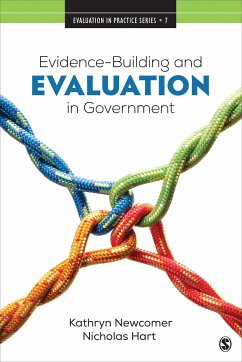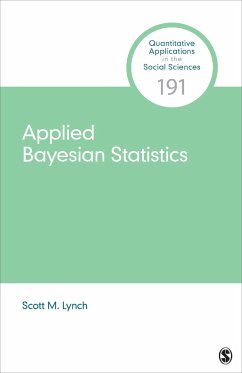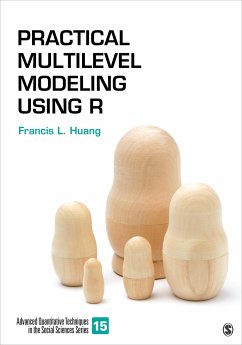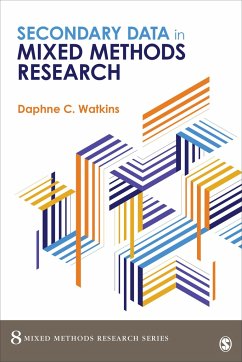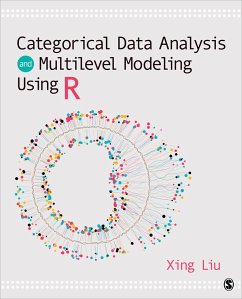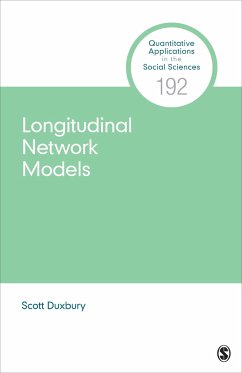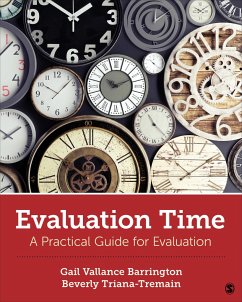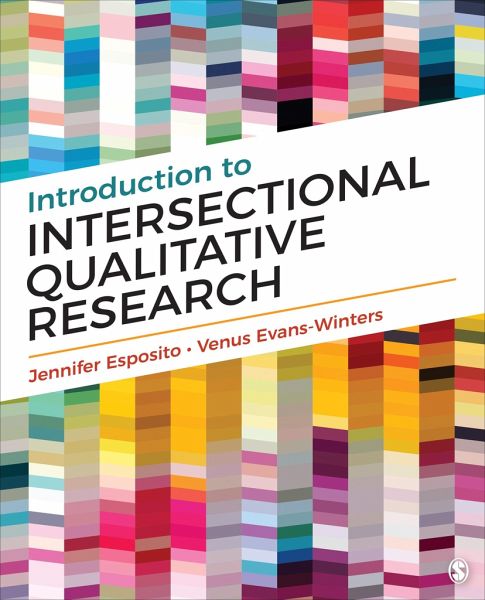
Introduction to Intersectional Qualitative Research
Versandkostenfrei!
Versandfertig in 6-10 Tagen
71,99 €
inkl. MwSt.

PAYBACK Punkte
36 °P sammeln!
Recipient of a 2022 Most Promising New Textbook Award from the Textbook & Academic Authors Association (TAA)Introduction to Intersectional Qualitative Research, by Jennifer Esposito and Venus Evans-Winters, introduces students and new researchers to the basic aspects of qualitative research including research design, data collection, and analysis, in a way that allows intersectional concerns to be infused throughout the research process. Esposito and Evans-Winters infuse their combined forty years of experience conducting and teaching intersectional qualitative research in this landmark book, ...
Recipient of a 2022 Most Promising New Textbook Award from the Textbook & Academic Authors Association (TAA)
Introduction to Intersectional Qualitative Research, by Jennifer Esposito and Venus Evans-Winters, introduces students and new researchers to the basic aspects of qualitative research including research design, data collection, and analysis, in a way that allows intersectional concerns to be infused throughout the research process. Esposito and Evans-Winters infuse their combined forty years of experience conducting and teaching intersectional qualitative research in this landmark book, the first of its kind to address intersectionality and qualitative research jointly for audiences new to both. The book s premise is that race and gender matter, and that racism and sexism are institutionalized in all aspects of life, including research. Each chapter opens with a vignette about a struggling researcher emphasizing that reflecting on your mistakes is an importantpart of learning. Discussion questions at the end of each chapter help instructors generate dialogue in class or in groups. Introduction to Intersectional Qualitative Research makes those identities and structures central to the task of qualitative study.
Introduction to Intersectional Qualitative Research, by Jennifer Esposito and Venus Evans-Winters, introduces students and new researchers to the basic aspects of qualitative research including research design, data collection, and analysis, in a way that allows intersectional concerns to be infused throughout the research process. Esposito and Evans-Winters infuse their combined forty years of experience conducting and teaching intersectional qualitative research in this landmark book, the first of its kind to address intersectionality and qualitative research jointly for audiences new to both. The book s premise is that race and gender matter, and that racism and sexism are institutionalized in all aspects of life, including research. Each chapter opens with a vignette about a struggling researcher emphasizing that reflecting on your mistakes is an importantpart of learning. Discussion questions at the end of each chapter help instructors generate dialogue in class or in groups. Introduction to Intersectional Qualitative Research makes those identities and structures central to the task of qualitative study.



